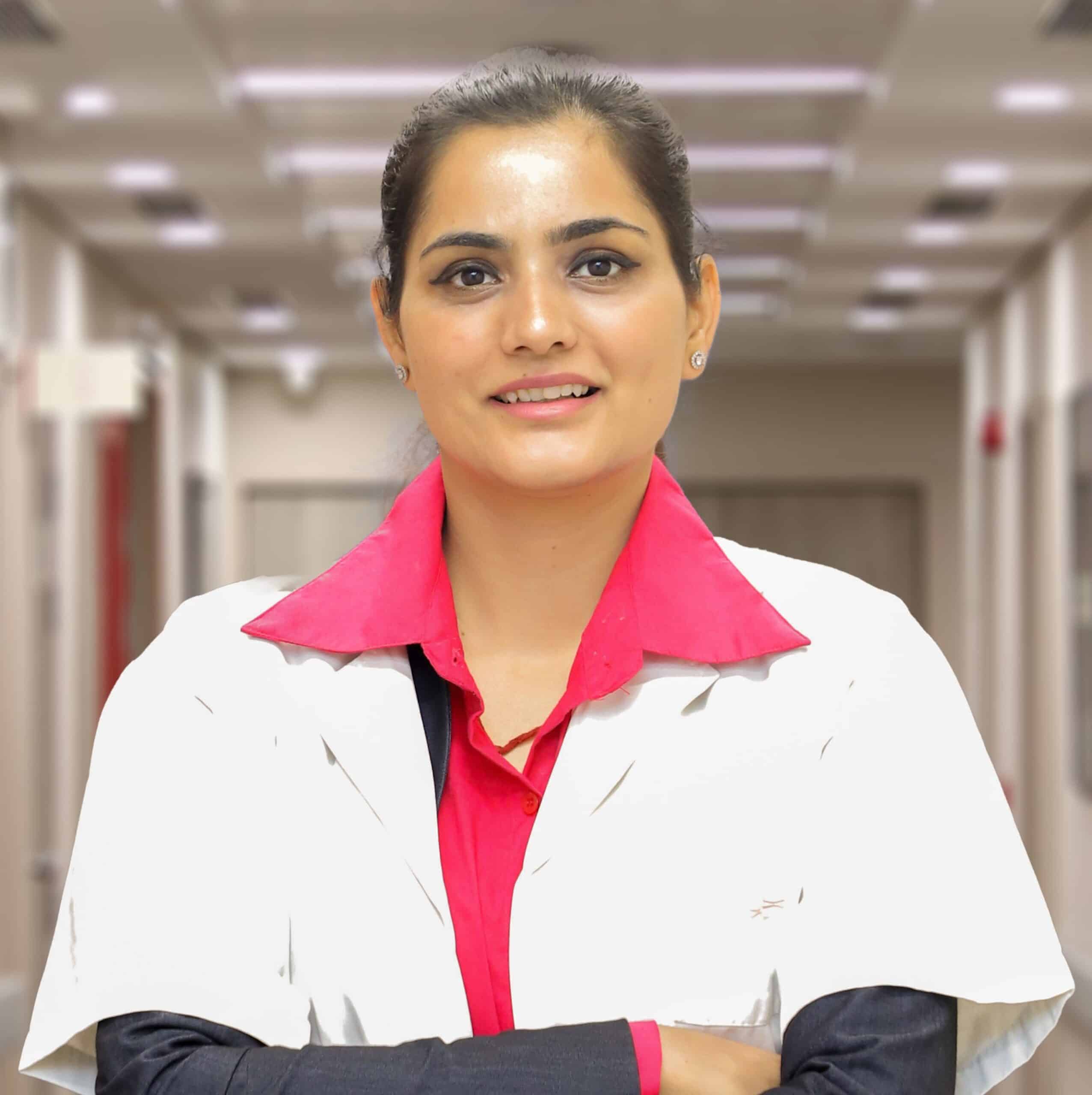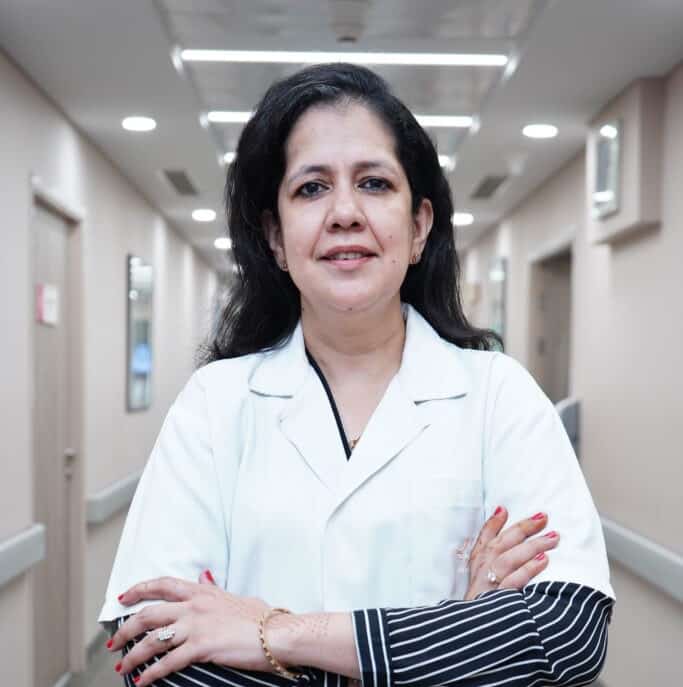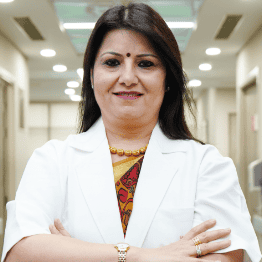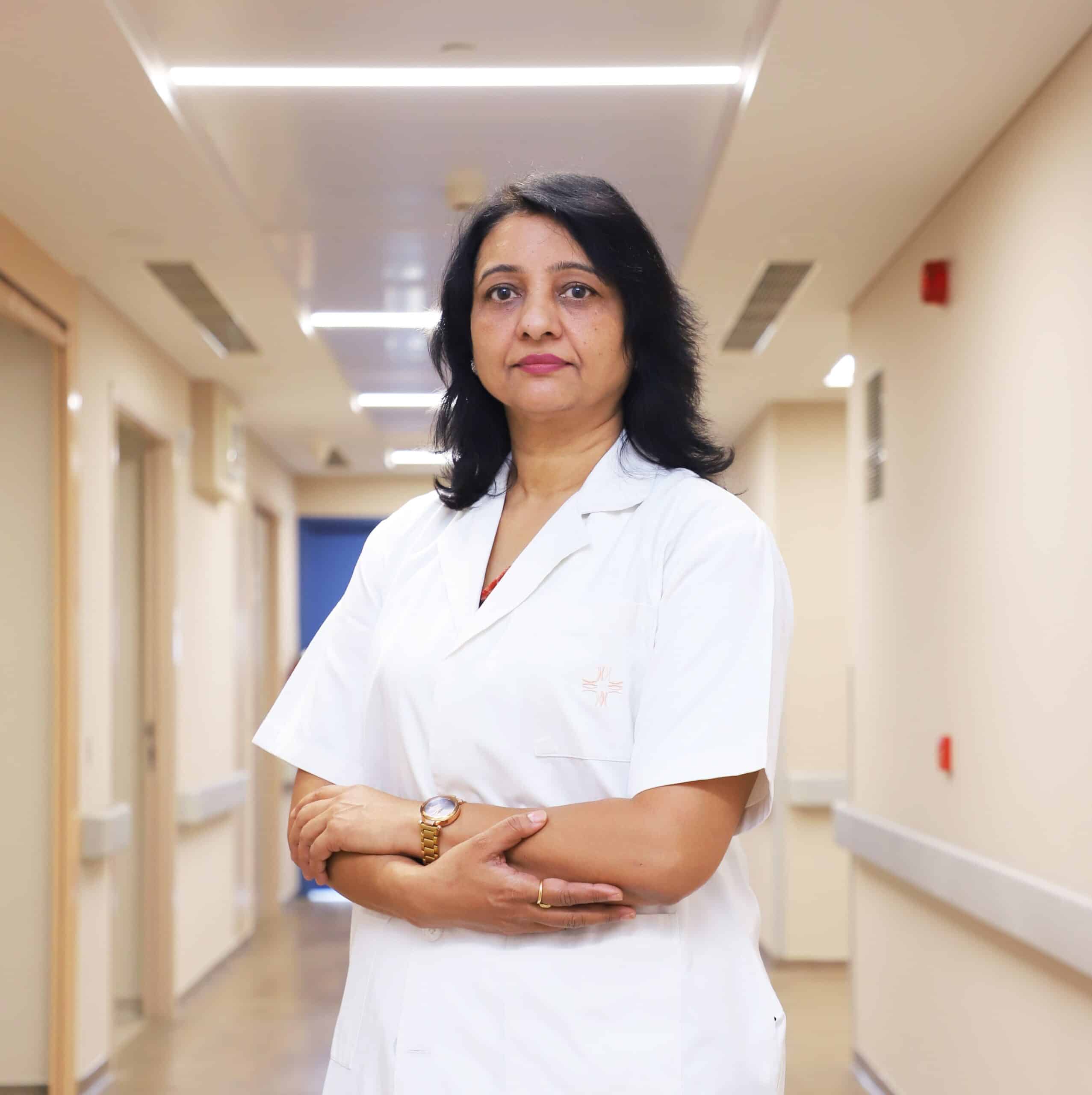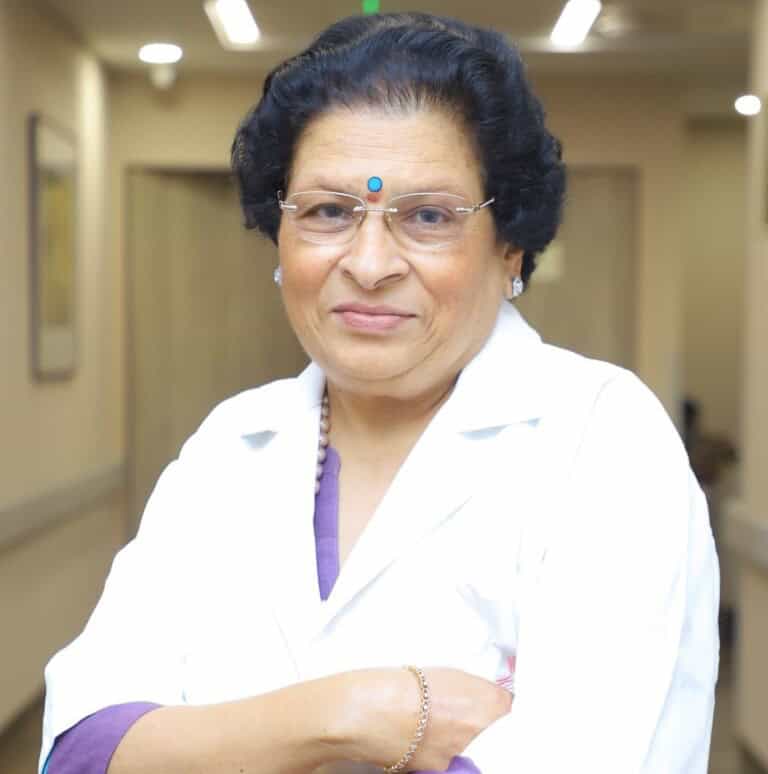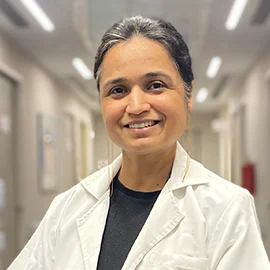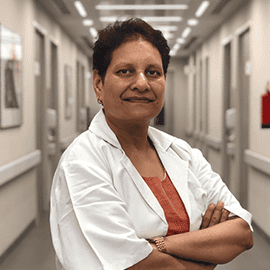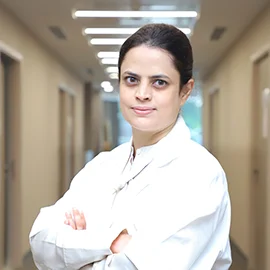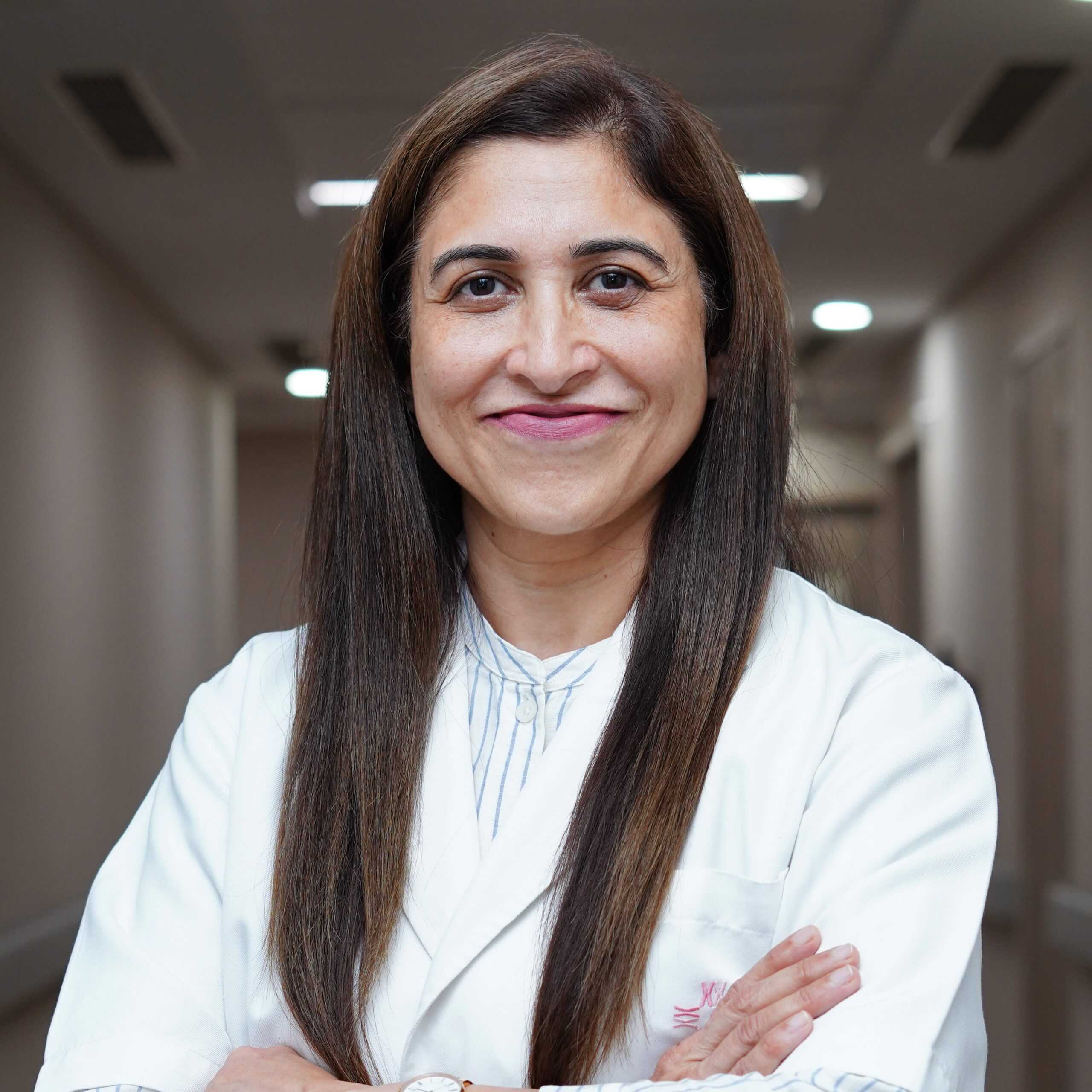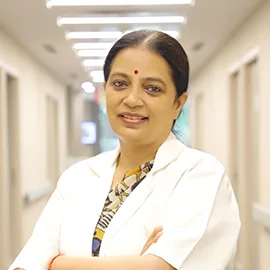- Home
- /
- Speciality
- /
- Endometriosis
Why us for endometriosis treatment?
Our team of gynaecological experts have a collective experience of over 5000 gynaecological surgeries. We offer a wide range of medicinal treatments and minimally invasive interventions for endometriosis treatment ensuring a faster recovery, less pain, fewer risk of complications and more comfort.
Our gynaecology specialists
- Painful periods
- Pain during sexual intercourse
- Painful urination
- Painful bowel movement
- Difficulty in conception or infertility
- Fatigue
- Constipation
- Bloating or nausea
- Retrograde menstruation (menstrual blood flowing back into fallopian tubes)
- Endometrial cell transport
- Immune system disorders
- Transfer of embryonic cells by hormones like estrogen
- Starting menstruation at an early age
- Reaching menopause at an advanced age
- Heavy menstrual cycles
- Low body mass index
- Family history of endometriosis
- Disorders of the reproductive tract
Endometriosis diagnosis can be done during your routine screening or on the onset of symptoms. Tests and procedures performed to diagnose this condition include:
- Pelvic exam
- Endometriosis ultrasound
- MRI
- Laparoscopy
Endometriosis treatment is based on many factors such as the severity of your symptoms, your overall health status and your age. Treatment alternatives include:
- Pain medicines
- Hormone therapy
- Minimally invasive surgery to remove endometrial tissue
- Hysterectomy (removal of the uterus)
Patient testimonials
FAQs
Only your gynaecologist can suggest whether the endometriosis treatment without surgery is possible or not. Medications are usually given as the first line of treatment.
If left untreated, endometriosis can lead to infertility and even cancer.
The best course of treatment is different for everyone. While a patient may be cured through hormone therapy, another may require surgical intervention.
Menstrual problems such as heavy periods, painful periods and painful intercourse are the first signs of endometriosis.


